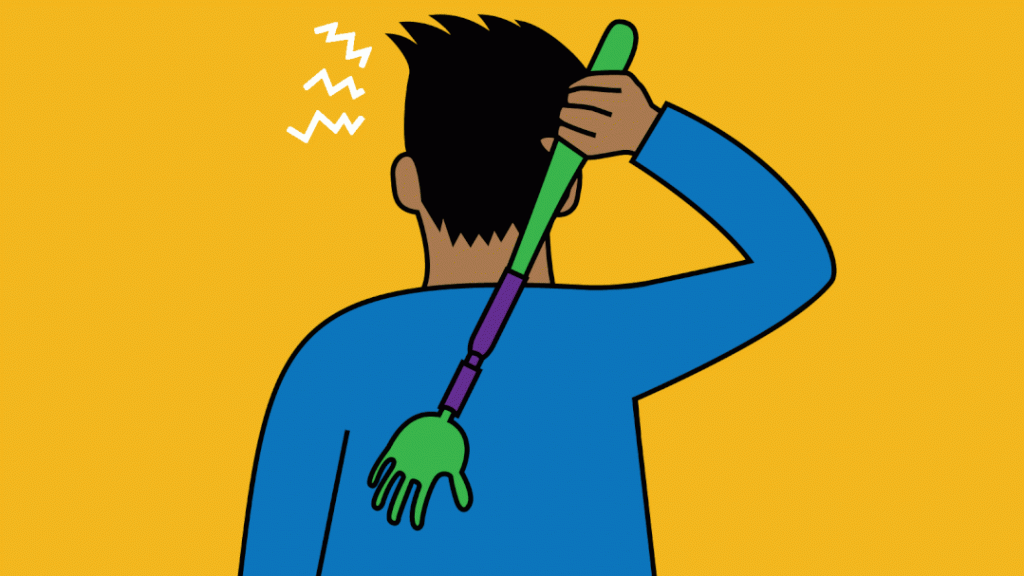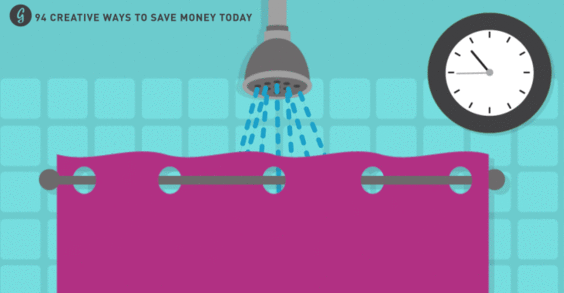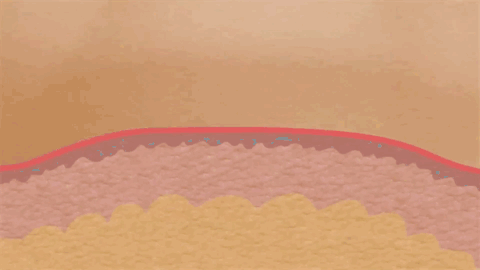
Every winter, many people will suffer from itchy skin: itchy chest, itchy back, itchy arms, itchy legs, a hot bath… I didn’t expect it to be even more itchy.

Some people have severe itching, which lasts for several hours each time, the skin is often scratched and bleeds, and the itching can only be relieved by feeling pain; while some people can’t solve it for a long time.
Why does my skin itch in winter?
Pruritus refers to a clinical skin disease with only itching symptoms and no primary skin damage. It is a common and frequently-occurring disease in winter.
Pruritus is closely related to the damaged skin barrier. Once the skin barrier function is damaged, it cannot lock in moisture internally, and cannot resist the invasion of microorganisms and chemicals externally, resulting in itching.

With the increase of age, the secretion function of the skin decreases, the secretion of sebaceous glands and sweat glands decreases, the skin becomes dry, and the lubricating and protective effect is lost; the barrier function decreases, and the water content decreases.
Coupled with the cold and dry winter, the skin blood vessels shrink and the secretion function further declines, causing the skin to become more dry, and even cause the stratum corneum to fall off, making the nerve endings in the skin more likely to be stimulated and itchy.
Bathing and scratching will only backfire
Scratching and bathing are the two most direct ways for everyone to deal with itching. However, what sounds like an itchy remedy may actually make you more itchy.
Scratching creates a vicious circle
Scratching the skin damages keratinocytes, produces an inflammatory response and a variety of transmitters, further stimulates nerve fibers, and as a result makes the sensory nerve center of the cerebral cortex itchy. Excessive scratching and rubbing can also damage the skin’s barrier.
Taking a shower can backfire
Taking a bath too often or the water temperature is too hot will make the already dry skin lose the moisture of sebum.

Taking too many baths
Excessive bathing will take away the oil used for moisturizing on the skin, disrupt the balance of water and oil, and cause dry skin.
The specific frequency of bathing in winter should vary from place to place: once a day in the south is not an exaggeration; in the north 1-2 times a week is not too much. The secretion of sebaceous glands in the elderly decreases, and the number of baths should be appropriately reduced.
Bath water is too hot
Some people will use hot water to scald the itching area, but doing so will aggravate the symptoms, because hot water scalding can damage the skin barrier, and the scalding and itching stimulate the same nerve endings, and the skin becomes more itchy.
Dermatologist’s Anti-Winter Itch Rule
People who are prone to itching in winter should pay special attention to strengthening care in daily life and bathing. Here are a few ways to prevent itching from happening or getting worse:

Bath properly
The bathing time should be 5~10 minutes, the water temperature should be controlled at 38℃~40℃, use less or no bath liquid, and avoid using alkaline soap.
Within 3 minutes after bathing, apply a moisturizing skin cream all over the body to form a thin film on the skin, effectively locking in moisture and relieving itchy skin in the elderly.
Eat properly
Have more fruits and vegetables, supplement water and vitamins. Eat less or no spicy food, do not drink alcohol, and drink less or no strong tea and coffee.
Choose cotton clothing
Dress in cotton clothes, which are loose-fitting. Since some patients are allergic to wool, direct contact with wool clothing should be avoided as much as possible. New clothes are best washed with softener before wearing to avoid skin irritation.
Moderate heating
Patients with pruritus should try to choose air conditioner or floor heating for heating, and pay attention to maintaining indoor air humidity, such as using a humidifier or wet towels. Minimize the use of electric stoves, electric blankets, electric grilling fans and other equipment for heating.
Mental relaxation
Anxiety and tension may aggravate itching, so people with pruritus need to live a routine and maintain a peaceful and optimistic attitude.
Exclude other diseases
If the itching condition is repeated, further related examinations are required to rule out diabetes, liver and kidney disease, malignant tumor and other diseases.
Several types of itching require immediate medical attention
If there is more stubborn itching, go to the hospital to check metabolism, nutrition, tumor, nervous system and other problems, and treat related diseases in time.

The common skin diseases
Tinea pedis, tinea cruris, eczema, urticaria, atopic dermatitis, psoriasis and other skin diseases, mainly manifested as itching.
Drug effects
The elderly are often accompanied by underlying diseases and need to take a variety of drugs. Some drugs can cause skin itching through different mechanisms, such as captopril causing cholestasis, minocycline damage to the liver, retinoids inhibiting sebum secretion, and morphine promoting histamine release.
Tron deficiency
Iron deficiency in the elderly can cause itching due to insufficient iron intake, poor digestion and absorption, chronic gastrointestinal bleeding, and malignant tumors.
Thyroid dysfunction
Hyperhidrosis caused by sweating, nervousness, hypothyroidism caused by myxedema, can cause itching.
Psychological problems
Mental and psychological problems such as anxiety and depression may cause itchy skin.
Systemic disease
Systemic diseases such as kidney disease, liver disease, and diabetes are also causes of itching.
Blood disease
Some blood diseases, such as hypereosinophilic syndrome, lymphoma, leukemia, etc., may also show stubborn itching in the early stage.
Nervous system disease
Neurological disorders, such as lumbosacral neuropathy, may trigger intractable vulvar itching.
Comments